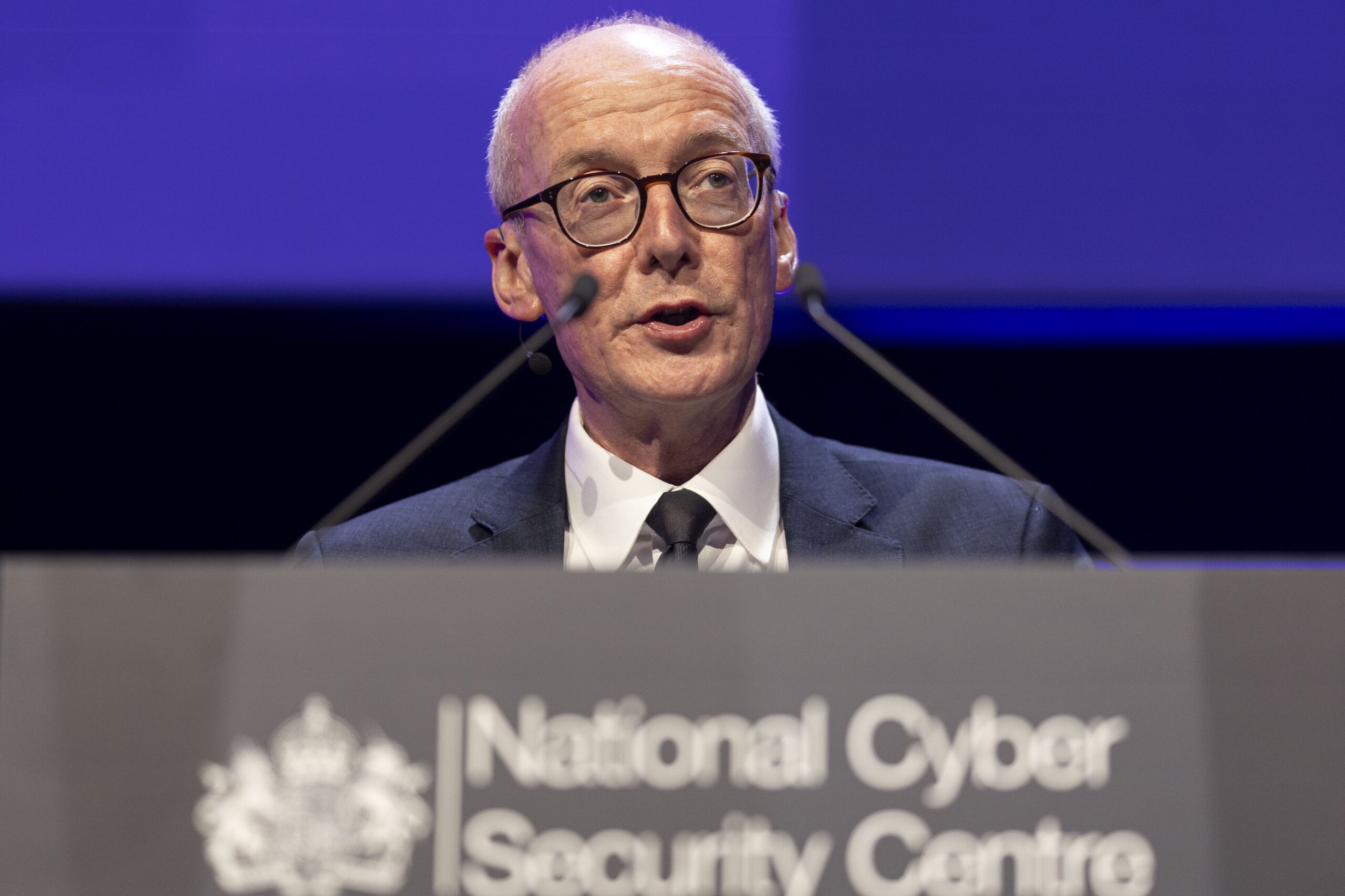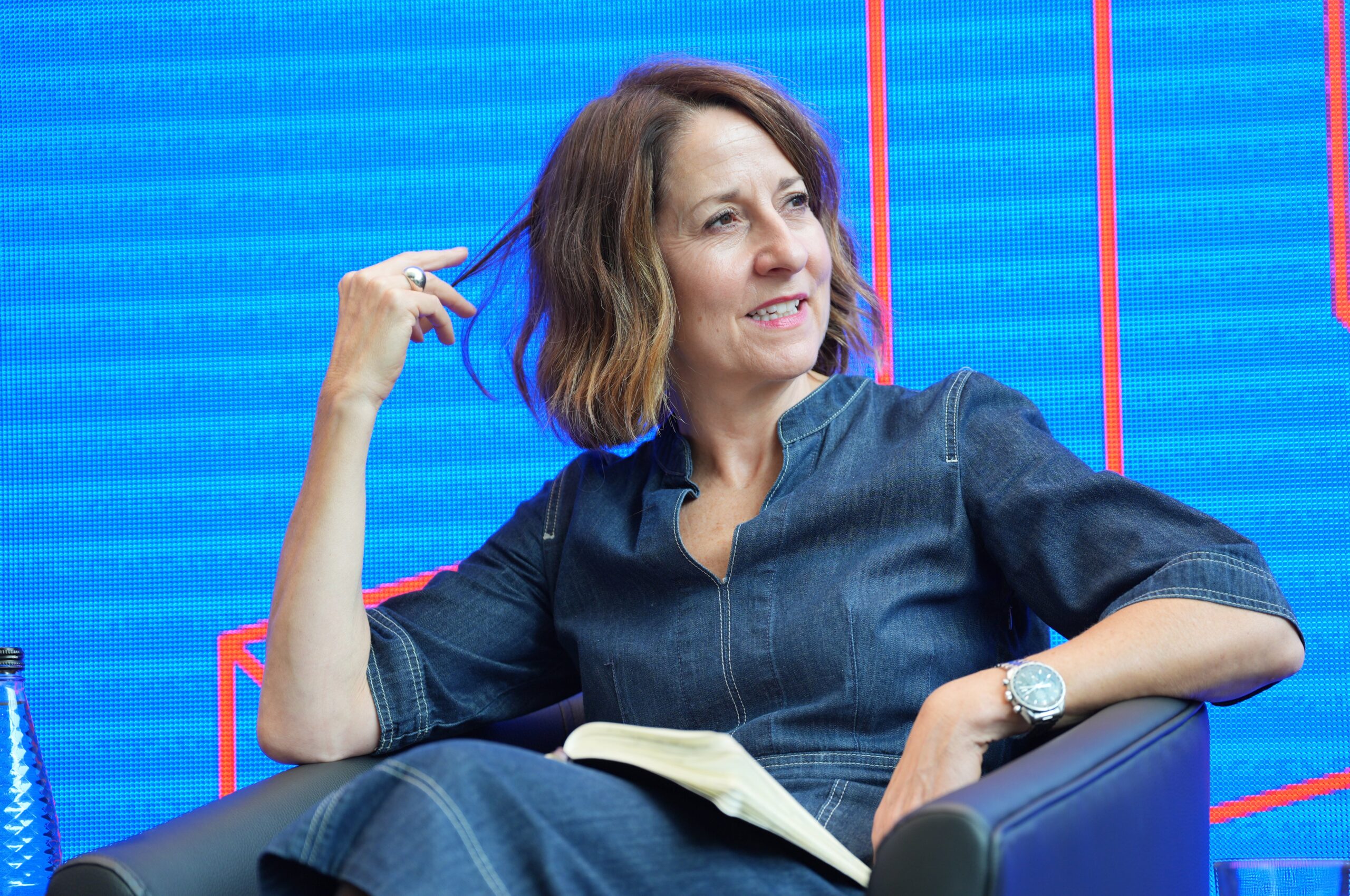More welfare reforms “must happen”, the new work and pensions secretary has said, refusing to rule out further changes to universal credit in the near future.
Pat McFadden said he was “not ruling anything out” when asked about future benefit cuts, adding that “welfare reform is really important”.
“At the moment, this system is unhealthy for people and in the long run is pushing up the benefits bill because we’re not getting the help to people who could work,” he told the BBC.
The Department of Work and Pensions (DWP) chief did not rule out speculated benefit changes such as tightening eligibility for universal credit, or restricting its health element until age 22.
Changes to the Personal Independence Payment (PIP) are currently on hold until after the conclusion of a review by disability minister Sir Stephen Timms.
The benefit was at the centre of Labour’s proposed £4bn in welfare cuts earlier this year, until fierce criticism and a backbench rebellion forced ministers to partly relent on the plans. Changes to the rate of universal credit’s health element – recently criticised by the UN – will still come into effect from next April.

While the Timms report won’t be ready until next autumn, Mr McFadden rejected the idea that any welfare reform would be put on hold until then.
“Absolutely not. Welfare reform is happening all the time. Anyone who looks at the current system shouldn’t conclude that the thing to do is to circle the wagons around it,” he said.
Chancellor Rachel Reeves will deliver her autumn Budget in November, with economists predicting she will need to introduce tax-raising measures to boost government coffers by as much as £40bn. This has sparked concern that welfare reforms will likely be reconsidered to fill this hole.
Responding to Mr McFadden’s comments, chief executive of learning disability charity Mencap Jon Sparkes said: “We are deeply concerned by reports that deep cuts to benefits could be coming down the line.
“Over the summer, we saw strong opposition from the public and MPs to disabled people bearing the brunt of the Government’s need to balance the books. Pushing disabled people into poverty is not a credible solution.”

Earlier this month, Mr McFadden replaced Liz Kendall as work and pensions secretary in Sir Keir Starmer’s first ministerial reshuffle. The department’s remit grew as part of the move, taking in the skills remit previously overseen by the education department.
The veteran Wolverhampton MP has reportedly been tasked with bringing down welfare spending and getting more people into work as he takes on his new role.
In a call with DWP staff after his appointment, the new welfare chief said he will focus on ensuring young people are in work or gaining skills for future employment, and not claiming benefits.
This is “an early area of priority for me”, he said, adding that the department needs to “ask ourselves some tough questions” about the rising number of young people not in education, employment or training.
The DWP announced on Monday that all job centres in England, Wales and Scotland were now equipped with specialist staff to support benefit claimants with no requirements to find work. This is offered to claimants monthly on a voluntary basis.
Mr McFadden said: “Two million people stuck on benefits with no opportunities, no help and no prospects is the shocking inheritance we must tackle.
“I’m determined to give people the skills they need to thrive in the modern economy, and help them move into good, secure jobs.”
